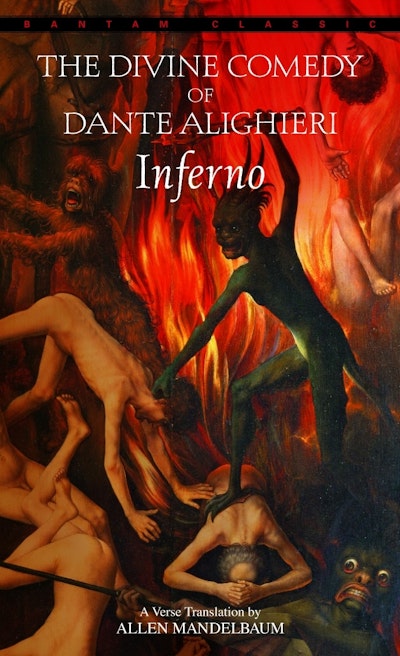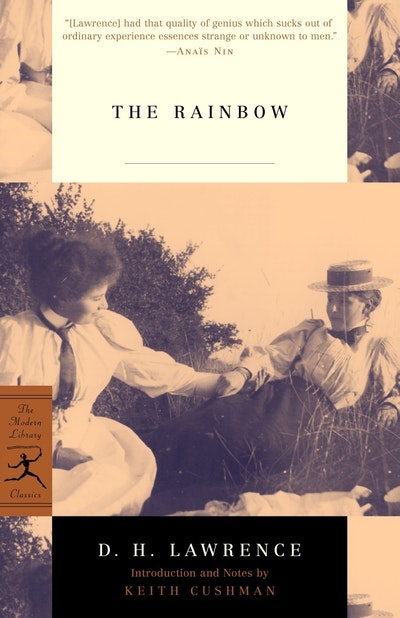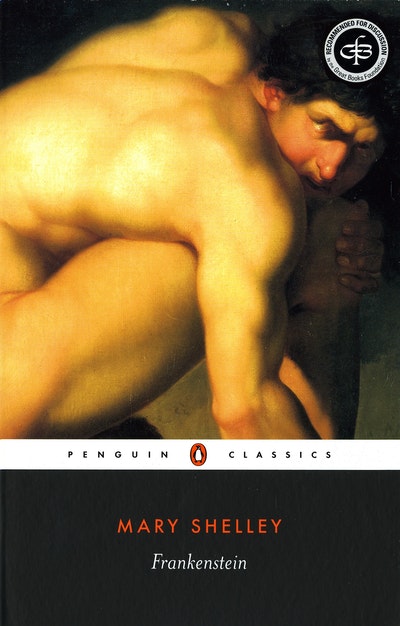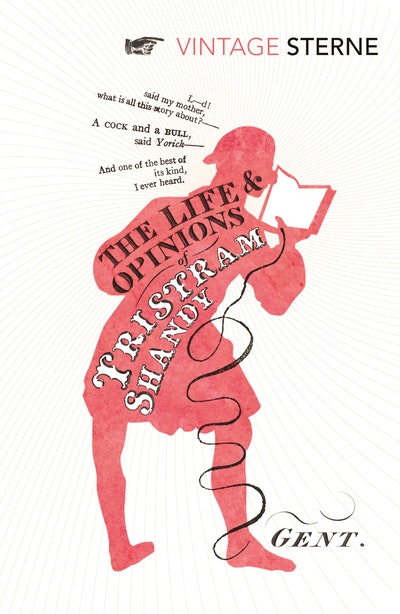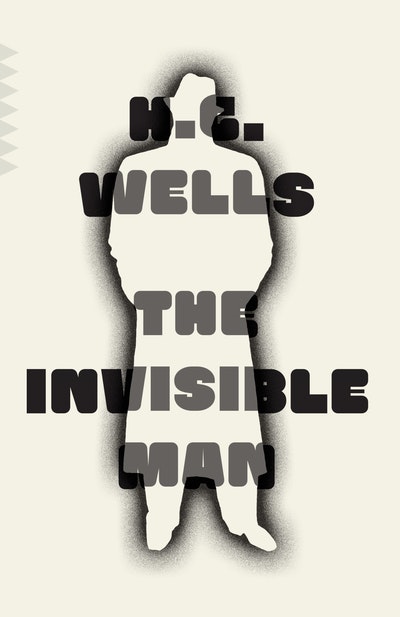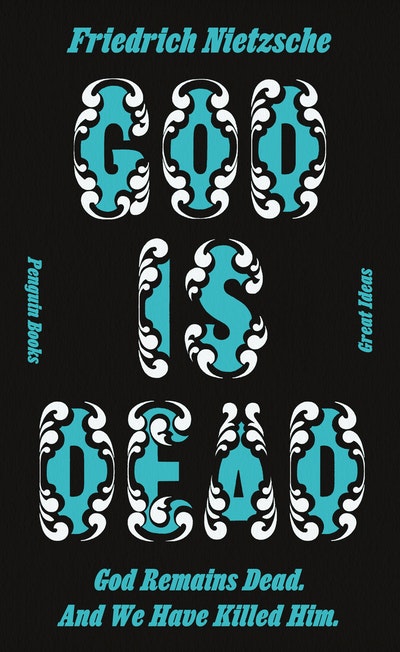- Published: 1 December 1977
- ISBN: 9780140443295
- Imprint: Penguin Classics
- Format: Paperback
- Pages: 288
- RRP: $26.00
A Nietzsche Reader
R. J. Hollingdale's selection structures Nietzsche's writings according to theme to give the fullest possible sense of the depth and scope of this extraordinary writer.
The literary career of Friedrich Nietzsche (1844-1900) spanned less than twenty years, but no area of intellectual inquiry was left untouched by his iconoclastic genius. The philosopher who announced the death of God in The Gay Science (1882) and went on to challenge the Christian code of morality in Beyond Good and Evil (1886), grappled with the fundamental issues of the human condition in his own intense autobiography, Ecce Homo (1888). Most notorious of all, perhaps, his idea of the triumphantly transgressive übermann ('superman') is developed in the extreme, yet poetic words of Thus Spake Zarathustra (1883-92). Whether addressing conventional Western philosophy or breaking new ground, Nietzsche vastly extended the boundaries of nineteenth-century thought.
- Published: 1 December 1977
- ISBN: 9780140443295
- Imprint: Penguin Classics
- Format: Paperback
- Pages: 288
- RRP: $26.00
Other books in the series
About the author
The philosopher Friedrich Nietzsche was born in Prussia in 1844. After the death of his father, a Lutheran minister, Nietzsche was raised from the age of five by his mother in a household of women. In 1869 he was appointed Professor of Classical Philology at the University of Basel, where he taught until 1879 when poor health forced him to retire. He never recovered from a nervous breakdown in 1889 and died eleven years later.
Known for saying that 'god is dead,' Nietzsche propounded his metaphysical construct of the superiority of the disciplined individual (superman) living in the present over traditional values derived from Christianity and its emphasis on heavenly rewards. His ideas were appropriated by the Fascists, who turned his theories into social realities that he had never intended.


















